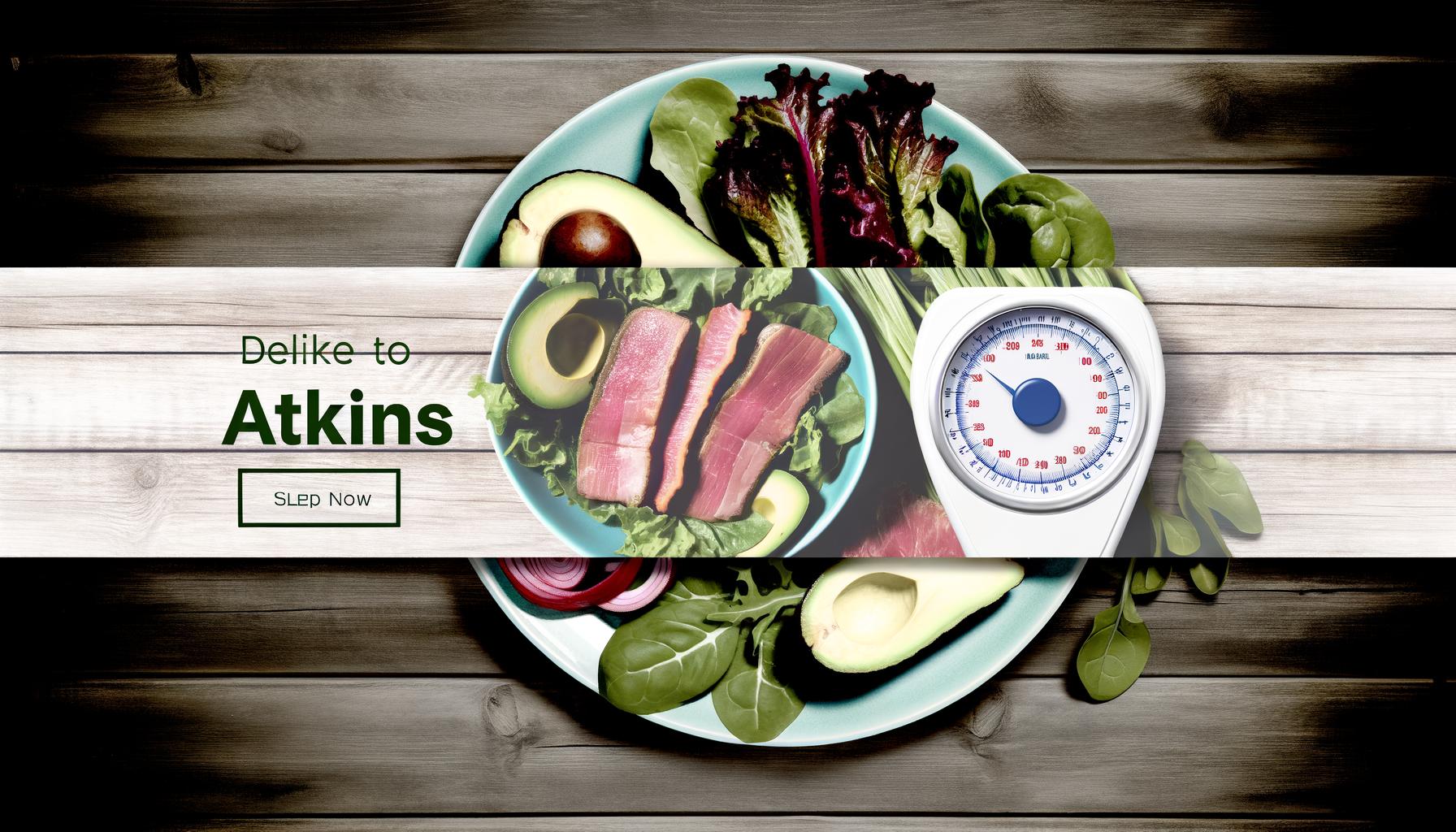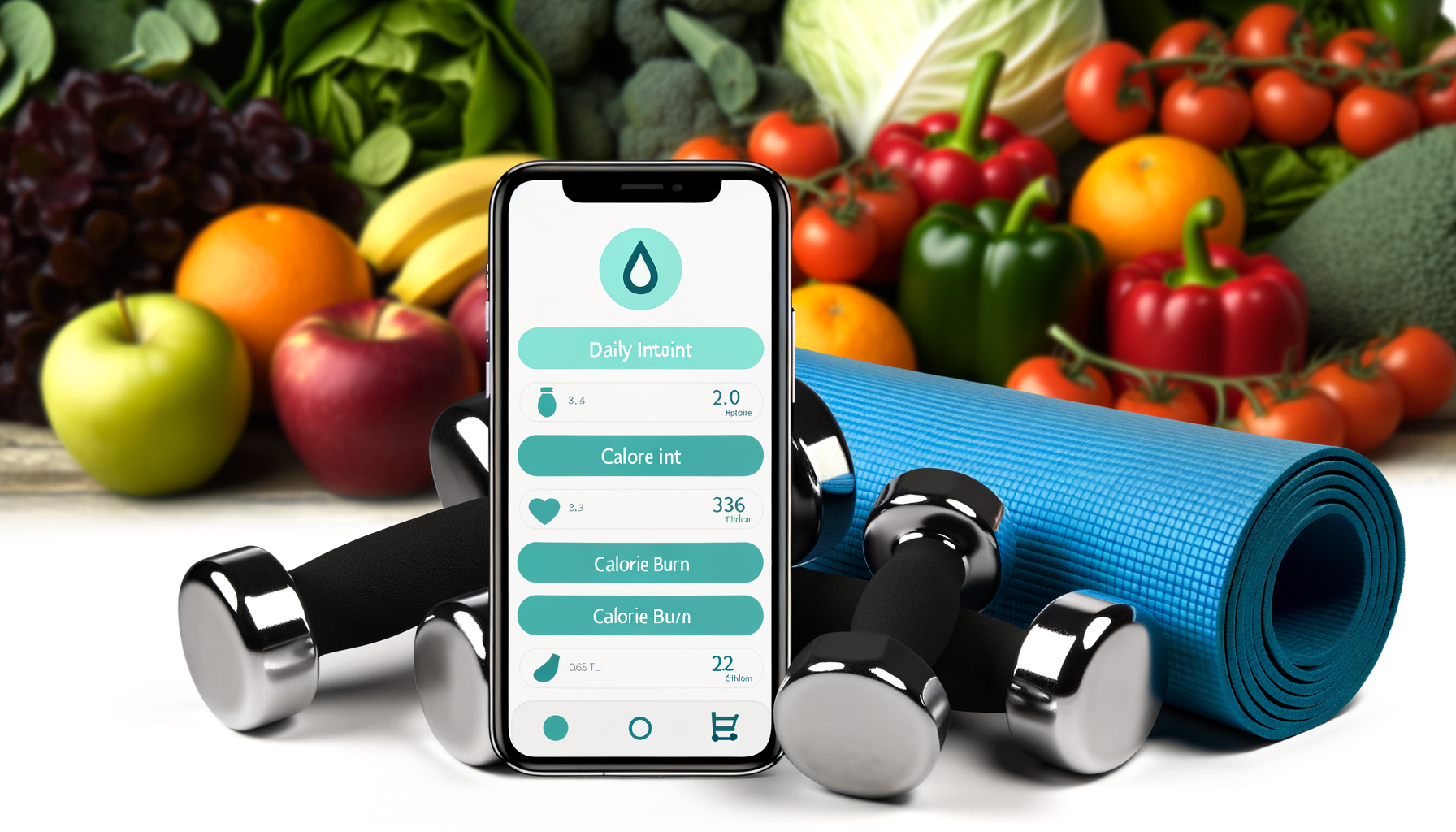The Impact of Calorie Tracking on Client Accountability
Enhancing Client Accountability Through Calorie Tracking
Calorie tracking has become a ubiquitous tool in the health and fitness industry, promising to help individuals manage their weight, improve nutrition, and achieve their health goals. However, the impact of calorie tracking on client accountability is multifaceted and warrants a detailed examination. In this article, we will delve into the benefits and challenges of using calorie tracking as a means to enhance client accountability and goal achievement.
The Role of Calorie Tracking in Accountability
Calorie tracking apps and tools offer several benefits that can significantly enhance client accountability. One of the primary advantages is the sense of control and accountability they provide. By logging every calorie consumed, clients are reminded to stay on track with their goals, fostering a sense of responsibility and adherence to their nutritional plans.
For instance, apps like WP Calorie Calculator provide a comprehensive database of foods, allowing users to monitor their daily intake with precision. This precision helps clients understand portion sizes and the caloric density of different foods, which is crucial for making informed dietary choices.
Psychological Impact and Motivation
The psychological impact of calorie tracking should not be underestimated. These apps often engage users by targeting the reward centers in their brains, making the process of tracking calories both motivating and enjoyable. The act of recording what you eat provides an opportunity to reflect on your eating habits, which can lead to better decision-making and a healthier relationship with food.
However, it is essential to note that while these apps can be highly motivational, they should complement rather than dominate the approach to healthy living. Being mindful of one's body signals and adopting a holistic view of health, encompassing mental, emotional, and physical well-being, remains paramount.
Challenges and Potential Drawbacks
Despite the benefits, calorie tracking is not without its challenges. One significant concern is the potential for an unhealthy obsession with numbers. Calorie counting may lead to a fixation on quantity over quality, overlooking the nutritional value of foods in favor of hitting a specific calorie goal. This can sometimes result in disordered eating patterns or an unhealthy relationship with food.
Moreover, research has shown that calorie tracking can be inaccurate, especially when self-reported. Studies indicate that self-reported caloric intake data is frequently underreported by as much as 30%, even among individuals who are meticulous about weighing and tracking their food.
Real-World Examples and Case Studies
A study conducted in the Eastern Province of Saudi Arabia found that customers who checked the calorie count display on menus ordered fewer calories than those who did not. This study highlights the positive behavioral changes that can occur when individuals are aware of the caloric content of their food.
Another study analyzing user reviews of diet-tracking apps on the Google Play Store revealed that while users generally appreciate the functionality of these apps, they often face technical issues and find the apps' focus on calorie counting to be an obsession. This underscores the need for a balanced approach to calorie tracking, one that supports rather than dominates the user's health journey.
Best Practices for Implementing Calorie Tracking
To maximize the benefits of calorie tracking while minimizing its drawbacks, several best practices should be considered:
**Personalization:** Calorie tracking should be tailored to the individual's lifestyle and personality. For example, athletes or fitness competitors may require a high level of dietary precision, while others might find simpler, less rigid methods more effective.
**Holistic Approach:** Encourage clients to adopt a holistic view of health, focusing on overall well-being rather than just numerical goals. This includes being mindful of body signals and prioritizing mental and emotional health.
**Flexibility:** Allow for flexibility in the tracking process. Instead of rigid calorie counting, consider alternative methods such as monitoring eating habits or setting broader nutritional goals.
**Professional Guidance:** For clients with a history of eating disorders or disordered eating practices, it is crucial to seek guidance from health professionals before starting any calorie tracking regimen.
Conclusion and Next Steps
In conclusion, calorie tracking can be a powerful tool for enhancing client accountability and achieving health goals, but it must be used judiciously. By understanding the benefits and challenges of calorie tracking, health professionals can help clients navigate the process effectively. For those looking to integrate calorie tracking into their health strategy, tools like the WP Calorie Calculator Plans can provide a structured and supportive environment for success.
Ultimately, the key to successful calorie tracking lies in striking a balance between technology and holistic health practices. By embracing technology as a supportive ally rather than a rigid rulebook, clients can achieve their health goals while maintaining a healthy and balanced relationship with food and their bodies.











